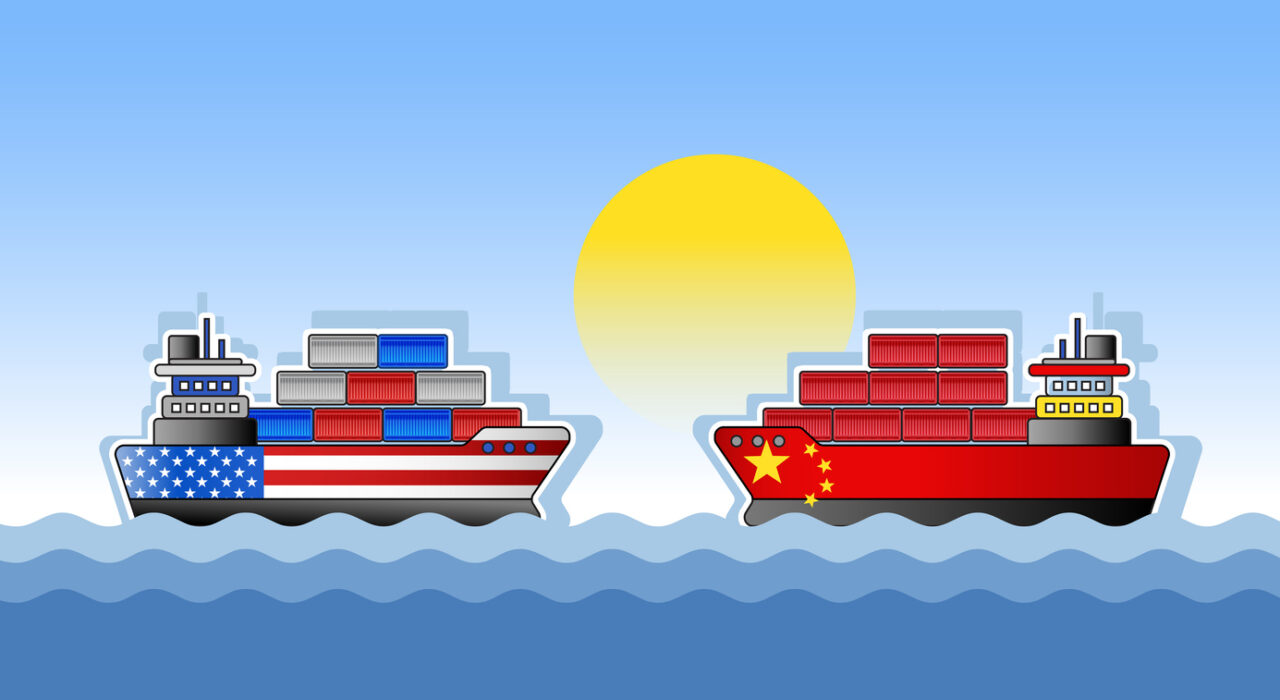The US is preparing to introduce new port entry fees for Chinese-owned, operated, and built vessels from 14 October 2025.
Established by the US Trade Representative (USTR), the charges – starting at $50 per net tonne and rising to $140 by 2028 – target vessels with Chinese associations and are set to impact global shipping patterns while backing US maritime priorities.
For vessels built in China but not controlled by Chinese interests, separate fees will also apply: the greater of $18 per net tonne or $120 per container from October, reaching $33 per tonne or $250 per container by 2028.
The rules cap the fee per vessel at five rotations annually and apply the charge only once per inbound voyage, not for every US port call. Exemptions are in place for smaller ships and certain short-haul trades, so some operators will experience limited effects.
Industry sources confirm CBP is actively collaborating with the US Treasury to finalise the payment system and enforcement protocols. Vessels that do not settle their fees risk being barred from unloading cargo or denied departure clearance until payments are verified.
Lars Jensen, CEO of Vespucci Maritime, has analysed these new measures. For a COSCO 13,000 TEU containership, the initial fee could total $3.25 million per round trip – about $250 per TEU – and eventually rise to $8.4 million, or $646 per TEU, by 2028.
He explains that the move will force affected lines, particularly COSCO and OOCL, to reconsider service patterns and may prompt a wider restructuring of international shipping alliances. Non-Chinese carriers are already expected to shift US-bound deployments onto unaffected tonnage.
Jensen points out that the new fee schedule is less onerous than previous proposals, which included a flat $1.5 million per port call, but still marks a significant development in trade and carrier logistics. The exceptions for ships under 4,000 TEU and limited-voyage trades could increase regional transhipment through Caribbean or Mexican ports, and promote more frequent use of smaller ships on particular routes.
His analysis suggests these fees will accelerate network changes, vessel redeployment, and calls for greater US-flag shipbuilding, although building globally competitive capacity in the US remains challenging for most operators.
Earlier in June, BIMCO announced it was developing a standard industry clause to address contractual uncertainties arising from the USTR’s Notice of Actions to impose fees.


